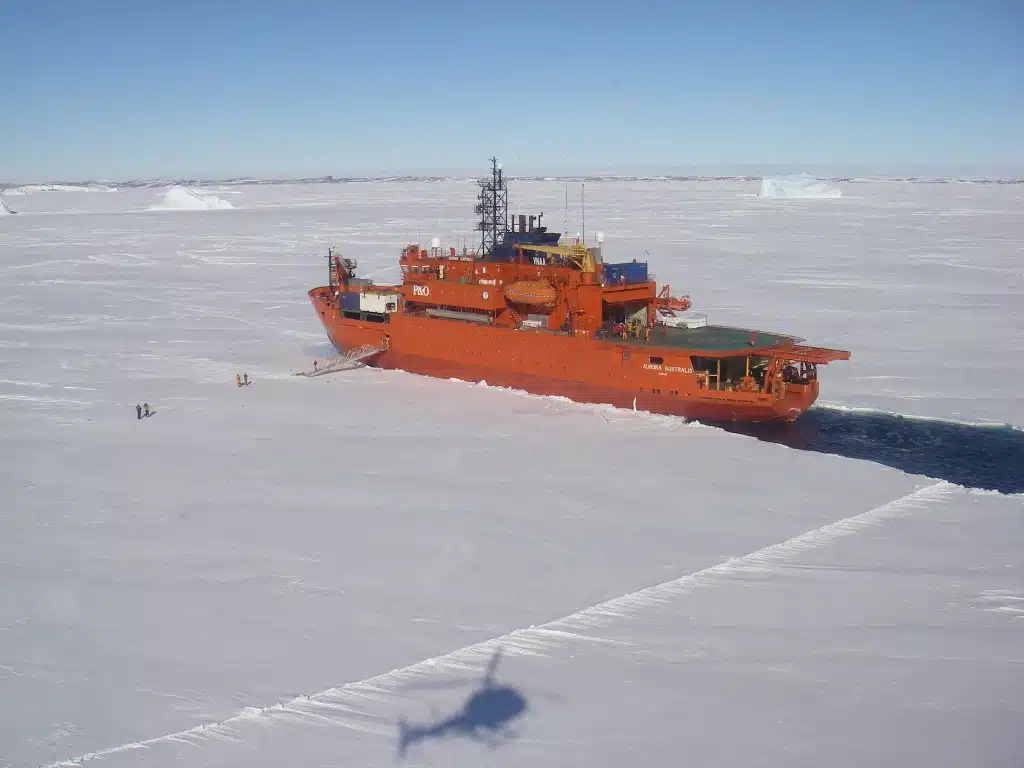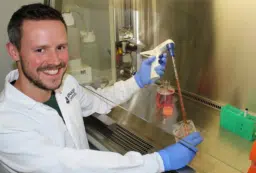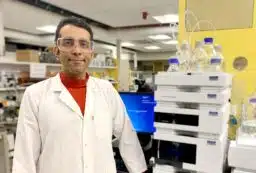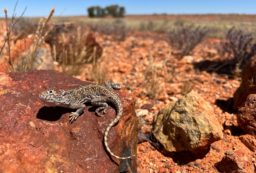As we slip, slop, slap, to reduce the risk of skin cancer, some of us are no longer getting enough Vitamin D and babies are again being born with rickets.
Are Vitamin D supplements the answer?
University of Melbourne researcher Sandra Iuliano has realised that the perfect way to answer this question is with the help of expeditioners from the Australian Antarctic Division and the long dark Antarctic winter.
Last winter she found that 90% of expeditioners were Vitamin D deficient after 12 months in Antarctica.
The next crop of expeditioners, leaving Australia today, will trial Vitamin D supplements to see if they can compensate for the lack of sunlight.
People need sunlight to generate Vitamin D, which is essential to build and maintain strong bones.
In fact, after 12 months in Antarctica, not only were 90% of the 130 expeditioners Iuliano studied vitamin D deficient but by the end of a winter of darkness in Antarctica, bone density at the hip was already up to 2% lower than when they arrived.
“People in southern parts of Australia experience similar changes in winter, just not as severely,” says Iuliano.
“And if the bone lost each winter is not put back, then bone density is lowered and the risk of fractures increase.
“Today, in Australia, we are starting to see people suffering from Vitamin D deficiency, and babies are being born with rickets. To ensure this does not happen, we may need to encourage some people who may not be able to get out in the sun to take Vitamin D tablets before winter.”
There is very little vitamin D in food so, without enough sunlight, levels drop.
What constitutes enough sunlight, however, depends on your skin type, where you live, and the time of day you are out in the sun. Iuliano and her colleagues at the University of Melbourne are trying to work out the best strategies for gaining enough Vitamin D to avoid bone loss without increasing the risk of skin cancer from excessive exposure to the sun.
The expeditioners will each take one of three doses of Vitamin D – low, medium and high, to determine the necessary dose.
Sandra Iuliano is one of 16 early-career scientists presenting their research to the public for the first time thanks to Fresh Science, a national program sponsored by the Federal and Victorian Governments.





 Fresh Science is on hold for 2022. We will be back in 2023.
Fresh Science is on hold for 2022. We will be back in 2023.